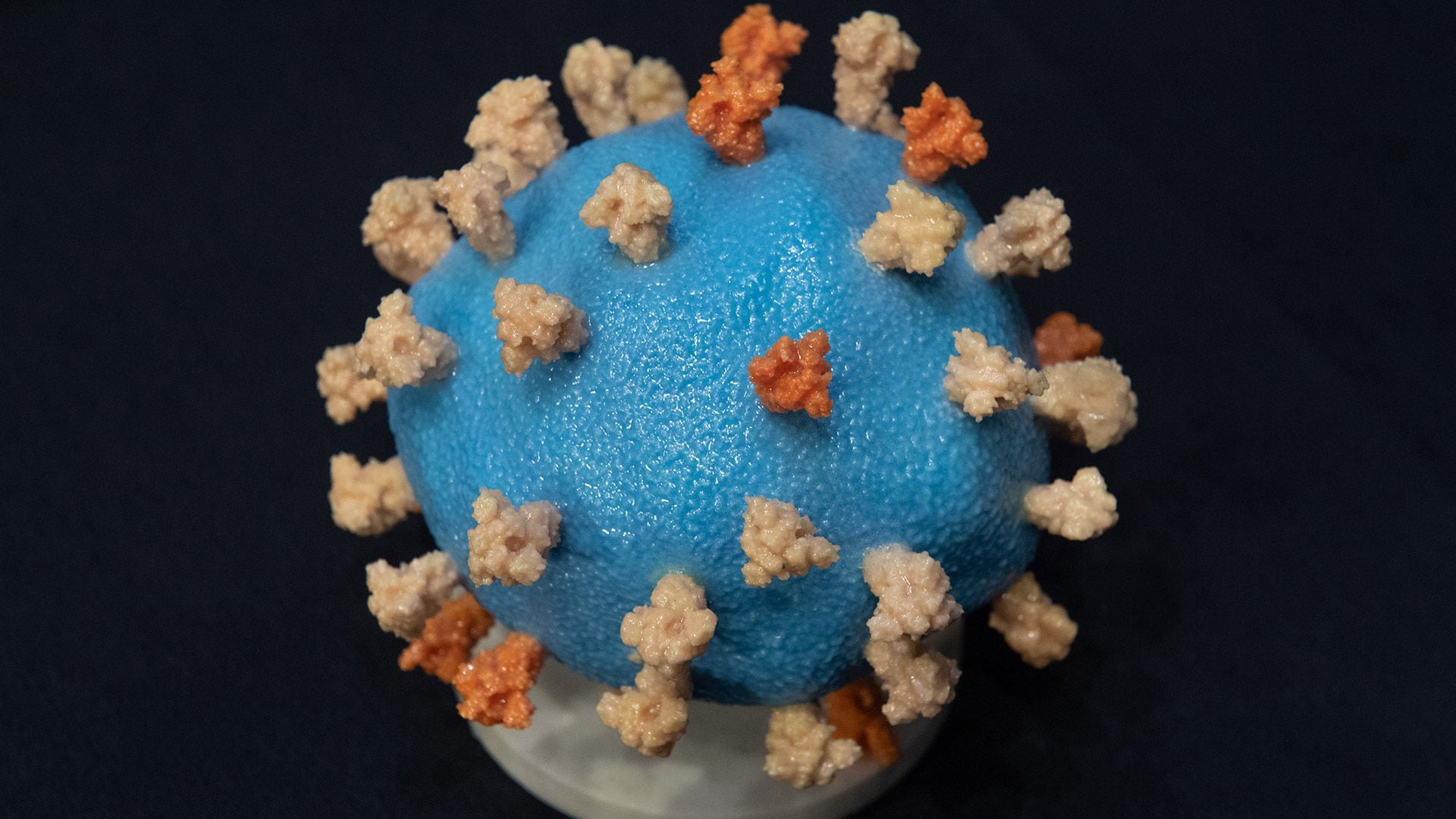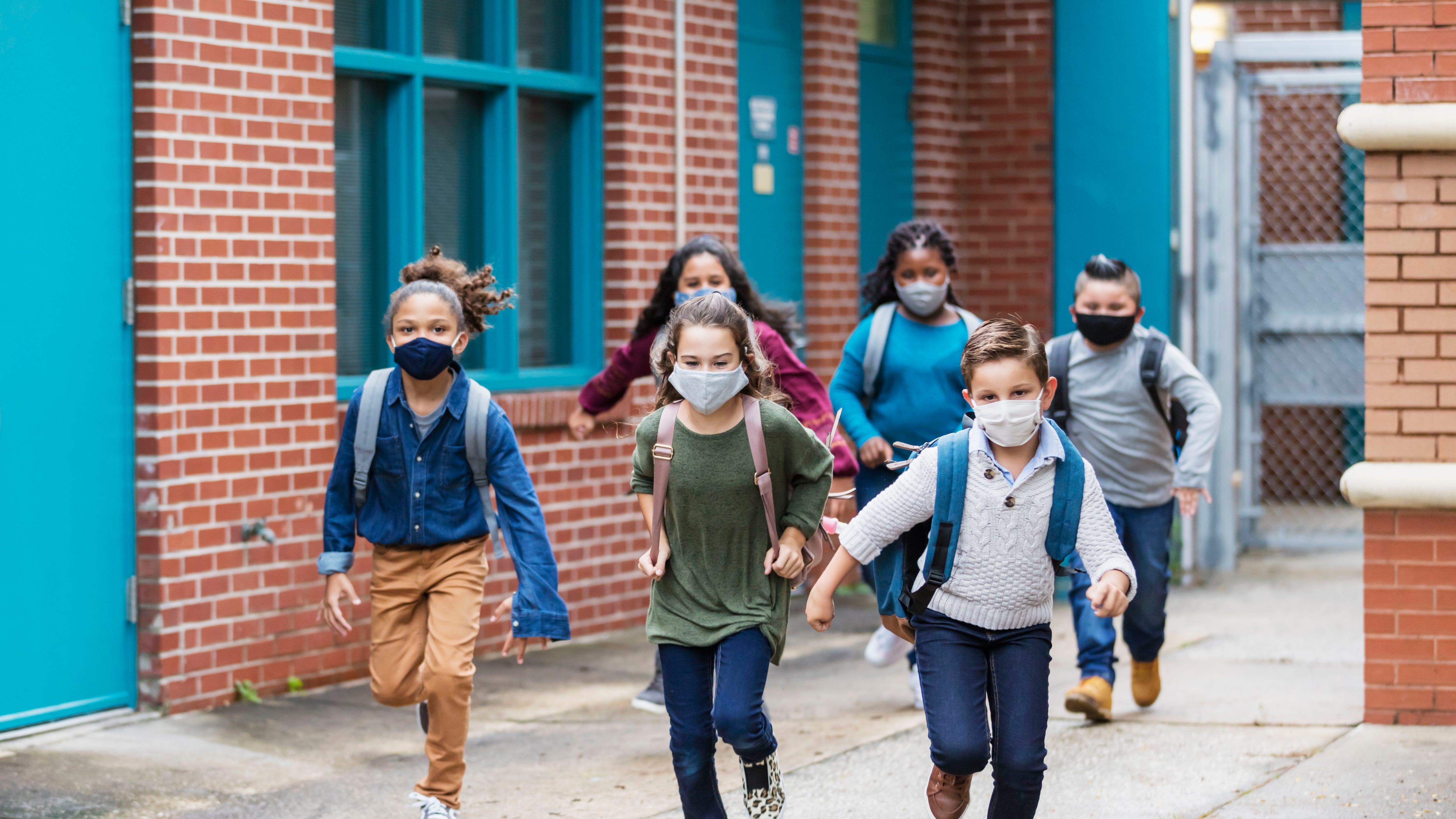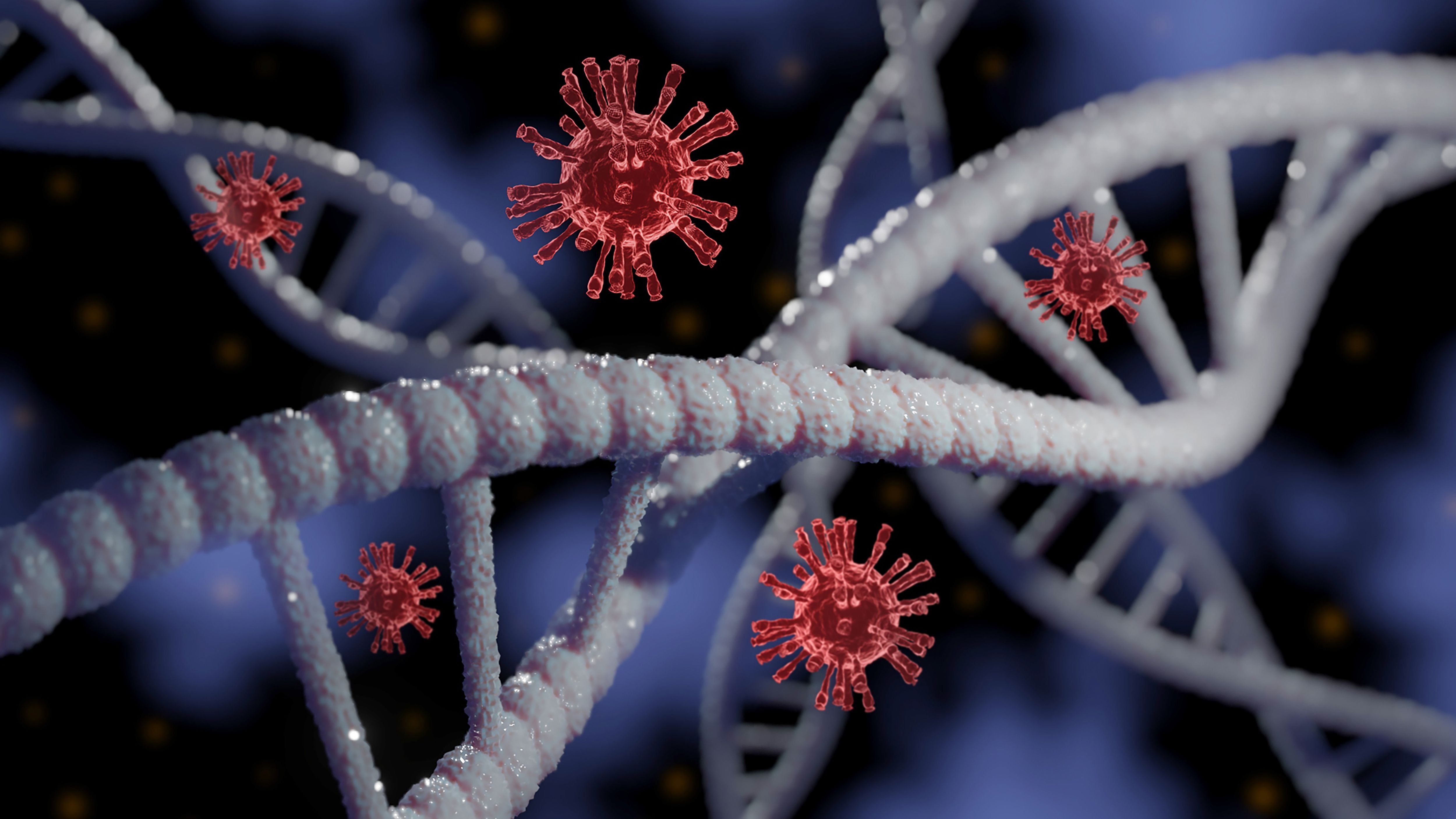
More than 483 million people have been diagnosed with COVID-19 worldwide. Some have symptoms and some don't. But despite the high circulation of the coronavirus and its most transmissible variants, there are still people who have not been infected. One hypothesis that had been put forward was that infections with other species of coronavirus could give cross-protection to people who had them. However, a new study by scientists at the University of Cambridge in the United Kingdom and the University of Zurich in Switzerland demonstrated at least two other coronavirus species would not give immunity.
The researchers published the study in the journal ACS Infectious Diseases. It has been shown that infections with two different coronaviruses do not generate antibodies that cross-react with SARS-CoV-2, which causes COVID-19 disease. Therefore, it is unlikely that a previous infection with another species of coronavirus will protect against COVID-19 or worsen it through antibody-dependent potentiation, according to researchers led by Tuomas Knowles, from the University of Cambridge.
Although the coronavirus that causes COVID-19 has taken the world by storm, it is not the only coronavirus that can infect humans. But, unlike SARS-CoV-2, common human endemic coronaviruses usually cause only mild illness.
As the coronavirus that caused the pandemic, SARS-CoV-2, shares an important sequence similarity with its endemic coronavirus cousins, researchers have wondered whether the immune system could recognize the new coronavirus from previous battles with endemic coronaviruses. This could reactivate memory B lymphocytes, causing them to produce antibodies that helped the person overcome previous infections and could also help fight COVID-19.

On the other hand, if antibodies against endemic human coronaviruses recognized SARS-CoV-2, but not strongly enough to generate an immune response, they could cause antibody-dependent ponteciation. In this rare condition, suboptimal antibodies actually help some viruses adhere to and enter the host's cells, making the infection worse.
Knowle with Sebastien Fiedler and his colleagues wanted to compare the strength and concentration of antibodies against endemic coronaviruses and SARS-CoV-2 in the será of nine patients recovered from COVID-19 and in three pre-pandemic será. They used a technique called the microfluidic antibody affinity profile. This technique, unlike the immunoenzyme assay (known as ELISA and is a widely used test in the world) can measure both affinity and antibody concentration independently.
They found that the nine recovered COVID-19 serum samples contained moderate amounts of antibodies with high affinity to the SARS-CoV-2 spike protein. In contrast, none of the pre-pandemic será contained high affinity antibodies to SARS-CoV-2.
All 12 será contained low amounts of very high affinity antibodies against two common coronaviruses, indicating previous infections. Other experiments showed that these antibodies did not bind to SARS-CoV-2. The results suggest that there is no significant cross-reactivity of antibodies against common endemic coronaviruses and SARS-CoV-2, and therefore, no protective or adverse effects are expected from the cross-reactivity of antibodies to these coronaviruses, the researchers say.

To explain why some people do not acquire the coronavirus infection that causes COVID-19, other hypotheses have also been put forward. One of the reasons is that they have an innate immunity of their defense system. In the specialized journal Nature Immunology, a team of researchers from Italy, Switzerland, Denmark and the United Kingdom published the results on the levels of mannose-binding lectin proteins (Mbl) as protection against COVID-19.
People who have higher levels of these proteins are able to repel the coronavirus when it tries to attack their body. The work was led by researchers from the Humanitas Institute and the San Raffaele Hospital in Milan in collaboration with the Toscana Life Science Foundation, the Bellinzona Institute for Biomedical Research and Queen Mary University in London.
The so-called “Mbl” are like proto-antibodies, or pre-antibodies. They participate in the role of the attack of a pathogen by a mechanism other than antibodies. It is like a first phase of the activation of the immune system, while specific antibodies against the pathogen are generated.
“The study was designed to investigate the interaction of human humoral PRMs with SARS-CoV-2. We found that PTX3 and Mbl bind to the nucleocapsid protein and the tip protein of SARS-CoV-2, respectively. Specifically, Mbl had antiviral activity,” the scientists wrote.
They managed to locate which components of the human body defend against the coronavirus even before the antibodies were generated. In the laboratory they discovered that human Mbl bound to the spike protein of the coronavirus, which the virus uses to enter cells.
One of the limitations of the finding is that the results on these pre-antibodies have been obtained in vitro. This means that they have been tested in the laboratory, not on specific human individuals. They show that Mbl proteins bind to the sugars of the coronavirus spike protein. Despite the limitation, the results could be used to develop drugs that contain a large amount of this protein and, thus, avoid contagion.
It has also been postulated that there would be multiple genetic variations that can make a person's immune system more or less susceptible to the virus. “I think there is probably something close to the 20 different genes already described that affect the likelihood of developing a serious infection,” said Dr. Peter Openshaw, professor of experimental medicine at Imperial College London.
Genetic predisposition to not become infected “is seen in other diseases where people have one or more factors that interfere with the virus attaching to or transporting them within cells,” according to Gigi Gronvall, immunologist and senior fellow at the Johns Hopkins Center for Health Safety. Genetic variations are part of a promising line of research, but it is still ongoing.

In addition to innate immunity, vaccination status against COVID-19 is also likely to be a factor in determining whether some people are more susceptible than others. Vaccination is now widespread in most Western countries, although with variations among populations as to which coronavirus vaccine was administered and when. 59% of the world's population already has the complete scheme according to the OurWorldData site.
Booster vaccines are also being widely applied, and in many countries younger children are being vaccinated. 21% of the world's population has already received a third dose. Vaccines have been shown to reduce serious infections, hospitalizations, and deaths. Although they are not 100% effective in preventing infection and the immunity they provide decreases over time, especially if a person is exposed to the Omicron variant that is today the predominant one.
“We know that many people continue to get Omicron infection (mostly mild) despite being fully vaccinated, including having a booster. However, vaccination continues to reduce the chance of contracting the Ómicron variant, and responses vary from person to person. So some people get infected and others don't, despite a very important exposure,” he said. Andrew Freedman, researcher in infectious diseases at Cardiff University School of Medicine.
KEEP READING:
Últimas Noticias
Debanhi Escobar: they secured the motel where she was found lifeless in a cistern
Members of the Specialized Prosecutor's Office in Nuevo León secured the Nueva Castilla Motel as part of the investigations into the case

The oldest person in the world died at the age of 119
Kane Tanaka lived in Japan. She was born six months earlier than George Orwell, the same year that the Wright brothers first flew, and Marie Curie became the first woman to win a Nobel Prize

Macabre find in CDMX: they left a body bagged and tied in a taxi
The body was left in the back seats of the car. It was covered with black bags and tied with industrial tape
The eagles of America will face Manchester City in a duel of legends. Here are the details
The top Mexican football champion will play a match with Pep Guardiola's squad in the Lone Star Cup

Why is it good to bring dogs out to know the world when they are puppies
A so-called protection against the spread of diseases threatens the integral development of dogs




